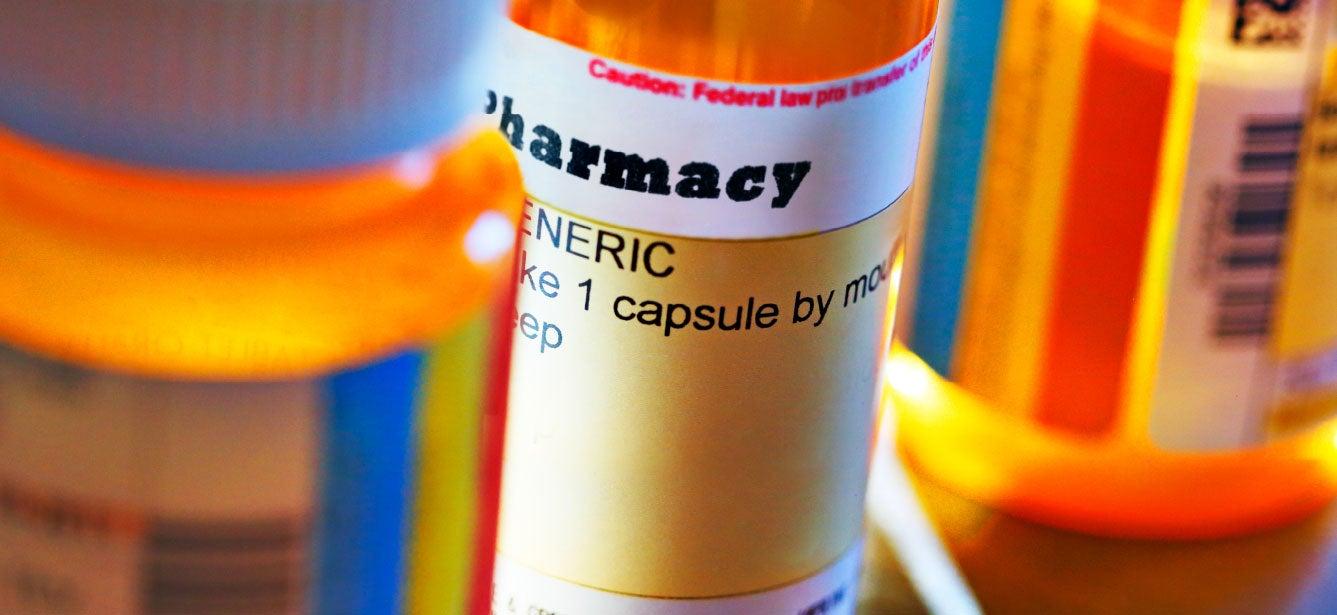
Having good health care coverage is essential as we age. Medicare, a federal health insurance program, helps cover health care costs for most older Americans and some people with disabilities. Signing up for these benefits is easy—but first, you must qualify to receive them. Checking your Medicare eligibility is the first step you should take before trying to enroll.
Who is eligible for Medicare?
When determining Medicare eligibility, it’s important to understand that original Medicare has two parts:
- Part A (Hospital Insurance): Part A covers the cost of inpatient hospital care, skilled nursing facility care, hospice, and related costs.
- Part B (Medical Insurance): Part B covers outpatient care like doctor visits as well as the costs associated with home health care and durable medical equipment.
To qualify for Medicare Parts A and B, you must meet the following requirements:
- Citizenship: You must be a United States citizen or you must be a permanent resident of the United States for at least five consecutive years.
- Age: Most people are eligible for Medicare when they reach the age of 65. If you are under 65, you may be able to get benefits if you have certain disabilities that prevent you from working.
You are eligible for Medicare Part A at no cost (premium-free Part A) at age 65 if you meet one of the following conditions:
- You or your spouse worked for a sufficient time in a job, and you paid Medicare taxes through that job
- You receive (or qualify to receive) benefits from Social Security or the Railroad Retirement Board (RRB)
- Your spouse (living, deceased, or divorced) receives or qualifies to receive Social Security or RRB benefits
You are eligible for automatic enrollment in Medicare Parts A and B if you already receive Social Security benefits or RRB benefits. Enrollment takes place starting the first day of the month you turn 65.
What disabilities qualify for Medicare under age 65?
If you are over 18 and under age 65, you may qualify for Medicare benefits if:
- You ave received Social Security Disability Insurance (SSDI) benefits for at least 24 months, or
- Youave been diagnosed with Lou Gehrig’s Disease, also called amyotrophic lateral Ssclerosis (ALS), and
- You are starting to get Social Security disability (Usually, you can get Medicare the sixth month after Social Security found that your disability started), or
- You have been diagnosed with end-stage renaldisease, sometimes called ESRD, and
- You have been on dialysis for three months OR
- You have had a kidney transplant
You are eligible for premium-free Medicare Part A before age 65 if you meet one of the following conditions:
- You’ve qualified for SSDI benefits for 24 months
- You worked for a sufficient time in a Medicare-covered job and you’ve met SSDI requirements for 24 months
- You receive RRB disability benefits and meet certain guidelines
- You receive SSDI benefits and have ALS
- You’re the child or surviving spouse (age 50+), including a divorced surviving spouse, of someone who has worked for a sufficient time under Social Security or in a Medicare-covered government job. You also meet SSDI requirements
- You have ESRD and you receive maintenance dialysis or have received a kidney transplant and one of the following applies:
- You’ve worked for a sufficient time in a Medicare-covered job
- You’ve worked for a sufficient time under Social Security or the railroad retirement system
- You’re the child or spouse (including a divorced spouse) of a person (living or deceased) who has worked for a sufficient time under Social Security or the railroad retirement system. Or, that person worked in a Medicare-covered job
If you're under age 65 and have a disability, you'll automatically receive Parts A and B after you have been receiving SSDI benefits for 24 months. If you have ALS, you’ll receive Parts A and B automatically the month your SSDI benefits begin. If you have ESRD, you must enroll in Medicare by contacting Social Security (even if you are a railroad worker); there is no automatic enrollment in this case.
Who is not eligible for Medicare?
You are not eligible for Medicare if:
- You are under age 65, with exceptions as mentioned above
- You are in the U.S. on a visa
- You are not a U.S. citizen or permanent legal resident (even if you’re married to one)
Am I eligible for Medicare Part D?
If you're enrolled in original Medicare, you are eligible for Medicare Part D (prescription drug coverage). Prescription benefits can be purchased as a standalone plan, or as part of a Medicare Advantage plan. Part D coverage is voluntary, and you must pay a monthly premium for this type of plan.
Get a no-cost Medicare eligibility check
What does it mean to be Medicare eligible? We’re here to help. Get your questions answered by talking to a licensed Medicare broker who meets NCOA’s Standards of Excellence. Our broker partners are dedicated to serving your Medicare selection needs and priorities, including helping you understand all your options. It costs you nothing—and you’ll never be pressured into buying a specific plan.
"Choosing the right Medicare plan is vital because it directly impacts your health care access and financial well-being,” said Jen Teague, NCOA Director of Health Coverage and Benefits. “Expert guidance can help you avoid costly mistakes and select a plan that provides the best protection and value for your unique situation."




